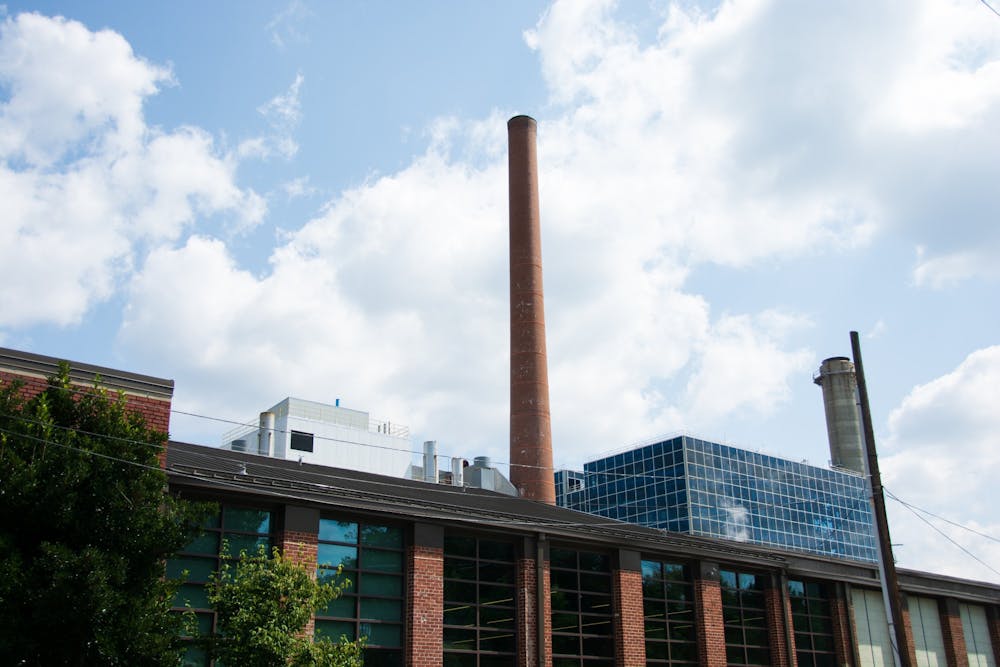A requirement from the EPA states any permit issued cannot threaten to exceed the science-based ambient air quality standards set by the organization. These standards regulate six of the principle pollutants that can negatively impact human health and the environment.
The NC DAQ must ensure that when they issue a permit, UNC will not exceed these standards. They use air modeling to determine the amount of pollution that could be released under the permits they issue.
Shawn Taylor, a public information officer for the NC DAQ, said in an email that the permit renewal issued in August 2021 by the department includes appropriate limits, monitoring and record-keeping conditions so that the facility operates in compliance with all state and federal regulations.
Trouble with the Cameron Avenue Coal Plant Permit
De Jong said the heat input, which is determined by how much coal is burned per hour, was taken out of the UNC permit in the Aug 2021 proposal, unlike previous UNC permits. Therefore, the permit does not limit the amount of pollutants released.
Taylor said in an email that the heat input descriptors found in UNC’s previous permit for the plant were not considered to be an enforceable limit. He said the descriptors were removed as common practice to be consistent with formatting changes in other Title V permit changes.
The Center for Biological Diversity hired a professional to analyze the air modeling that UNC did.
De Jong said they found that the proposed permit would result in excess nitrogen dioxide and sulfur dioxide emissions so the ambient air quality could be about 400 and 600 percent respectively above the ambient air standards set by the EPA.
After this discovery, NC DAQ reevaluated the proposed permit and came up with a new one.
However, De Jong said it still contained many of the same problems. The air modeler hired by the Center for Biological Diversity found the projected emissions were still far above the EPA’s standards.
“We fought with the North Carolina Division of Air quality to the best of our ability to fix this problem, '' De Jong said. “They didn’t fix the problems and they issued the permit.”
As a result, the Center for Biological Diversity, the Sierra Club, and the Town of Carrboro came together to form a petition in October of 2021 to send to the EPA in an effort to get them to object to the permit.
To get the day's news and headlines in your inbox each morning, sign up for our email newsletters.
Legal action
Under the Clean Air Act, petitions must receive a response within 60 days. The EPA failed to act, therefore, the petitioners have legal grounds to sue the EPA and intend to do so if there is no response from the agency before Nov. 12.
If the EPA responds to the petition within the next 60 days by objecting to the permit, NC DAQ will have to fix the issues with the permit. If the EPA accepts the permit, there is no higher regulatory power for air quality and the parties intending to sue would be unable to do so, De Jong said.
Seils said residents should care about this issue because the coal plant has a negative impact on surrounding communities.
Some of the pollution is so heavy that it comes out of the stack and falls to the ground so there is a higher concentration of some pollutants in areas surrounding the plant, De Jong said.
“We would like for there to be continued movement toward ending the use of coal with that plant and ultimately all fossil fuels,” said Seils.
@mmcintyre_02
@DTHCityState | city@dailytarheel.com




